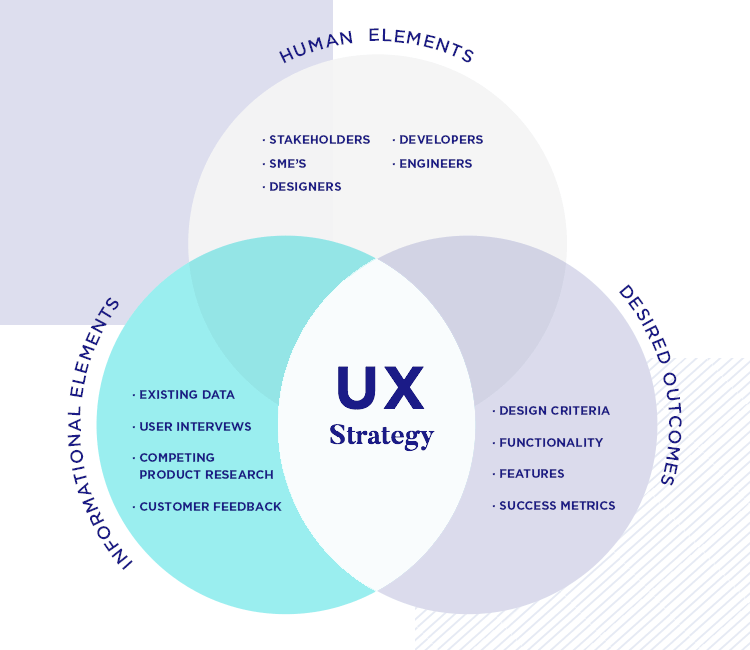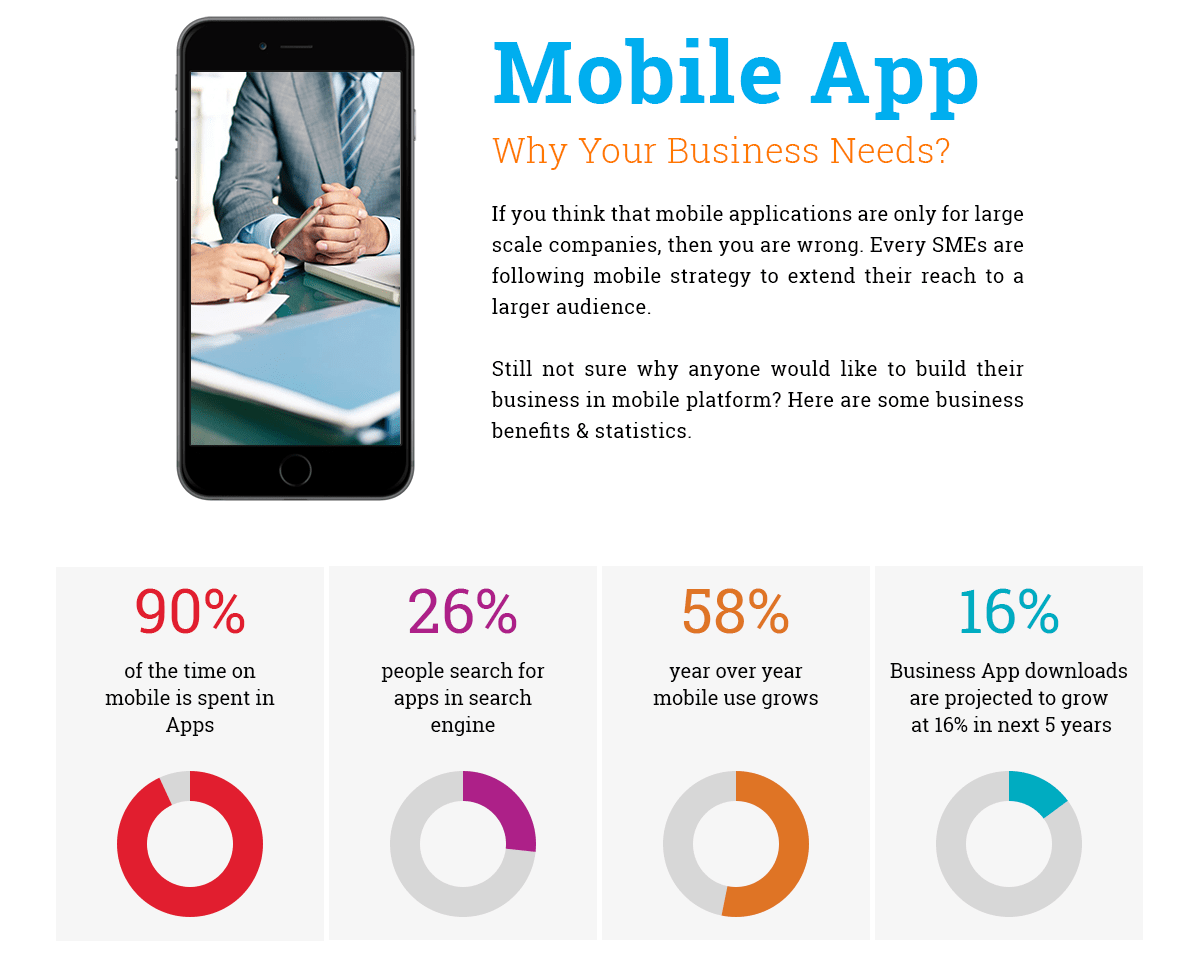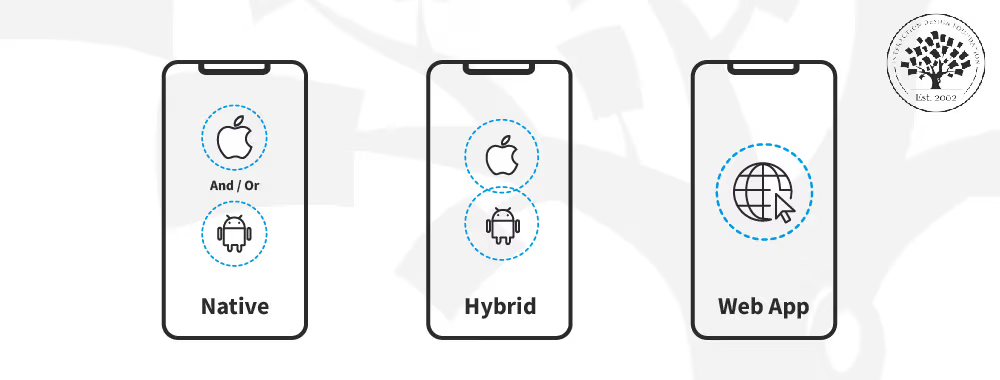Retail businesses face constant pressure to manage stock, track sales, and keep customers satisfied. Enterprise Resource Planning (ERP) software can help by merging these tasks into a single system, ensuring that stores in the UAE run smoothly. This article explains how to choose the right ERP solution for your retail operation, explores common questions, and shares real-world insights from users.
“Our goal is to streamline core activities like inventory management and financial tracking,” says Tamer Badr, the owner of Singleclic. “When the right software supports your day-to-day work, you see better results quickly.”
Introduction
Retailers in the UAE operate in a dynamic environment that requires consistent restocking, quick decision-making, and quality customer service. As your business grows, so do the complexities—more SKUs, multiple store locations, and a higher volume of transactions. ERP software centralizes these tasks, so managers can monitor everything from a single platform.
The challenge: Which ERP tool suits your retail needs? Finding the answer involves looking at your current setup, budget, and how willing your team is to learn a new system. A quick exploration of this comprehensive guide can also provide helpful comparisons of leading vendors.
People Are Always Asking
- “Does my store really need ERP?”
- If juggling multiple tasks leads to confusion, an ERP system can offer clarity.
- “Will it handle multiple outlets?”
- Many systems allow you to manage inventory and sales across multiple storefronts.
- “Is training complex?”
- The level of complexity depends on the software. Some have intuitive dashboards; others need detailed training.
- “What about hidden costs?”
- Some providers charge extra for specialized modules or advanced customer support.
- “Should I get cloud-based or on-premise?”
- Cloud-based solutions require less in-house IT support, while on-premise systems let you keep data on local servers.
These questions show how crucial it is to choose software that matches a store’s workflows.
Key Benefits of ERP for Retail
- Centralized Inventory Control
- Keep track of product levels across different branches.
- Automated notifications reduce the chance of running out of stock.
- Accurate Sales Tracking
- Real-time data helps you identify best-selling products and customer preferences.
- Avoid manual record-keeping errors that might harm profit margins.
- Simplified Accounting
- Consolidate revenue from various sources in one place.
- Generate financial reports quickly for faster decision-making.
- Enhanced Customer Service
- Easier product returns and exchanges with integrated information systems.
- Identify loyal customers and tailor promotions for them.
- Scalability
- Start with core modules and add advanced features as your store expands.
- Avoid the hassle of switching software when you grow.
Potential Drawbacks
- Upfront Costs: Some ERP solutions have licensing fees that might strain smaller businesses.
- Learning Curve: Employees might need time to adapt, leading to slower transactions at first.
- Vendor Lock-In: Limited support for data migration can make switching providers expensive.
- Ongoing Maintenance: Regular updates, patches, or add-ons can accumulate in cost over time.
- Integration Issues: Merging an ERP system with older point-of-sale or e-commerce platforms might require additional customization.
Tamer Badr notes, “Before making a final decision, always consider long-term sustainability. An expensive solution with poor support can lead to more problems than you started with.”
Factors to Consider Before You Buy
- Budget
- Do you have enough resources for licensing, implementation, and training?
- Check if the vendor offers flexible payment plans or monthly subscriptions.
- Core Features
- Look for modules like inventory management, financial reporting, and CRM integration.
- Evaluate whether the vendor offers specialized retail functions—like multi-store coordination or loyalty programs.
- Scalability and Customization
- Can you add new modules as your store grows?
- Ask about any extra fees for modifications you may need down the line.
- User-Friendliness
- Staff acceptance is crucial.
- A system that requires too much coding or specialized knowledge might slow your operations.
- Local Support and Training
- Ensure the vendor has a presence in the UAE or offers quick remote assistance.
- Ask if training sessions are included, especially if your team is new to ERP software.
- Security and Compliance
- Confirm the software respects UAE data regulations.
- Ask about encryption and user-access controls.
Reviews from Real Retailers
Aisha, Manager of a Mid-Sized Clothing Store
“We switched from spreadsheets to an ERP. We had some hiccups with data migration, but it’s been worth it. Our restocking now happens promptly, cutting down lost sales.”
Hassan, Owner of an Electronics Shop
“Initially, the system felt overwhelming. The vendor offered extra training sessions, which helped. Now, I have better oversight of daily sales across both my store locations.”
Fatima, Supervisor in a Hypermarket
“We needed a module for supply chain tracking. Our ERP provider recommended an add-on that integrated easily. Our daily operations became smoother, though the monthly fees were higher than expected.”
Frequently Asked Questions
- Is ERP just for large retail chains?
- No. Many small- and mid-sized retailers benefit from centralized data and inventory monitoring, especially with modular ERP packages.
- How long does implementation usually take?
- This varies. Smaller setups might be ready in a few weeks, while larger stores with multiple outlets can take months.
- Do I need separate software for e-commerce?
- Some ERP solutions include e-commerce modules. Otherwise, you might need a system that integrates with your existing online platform.
- What about data safety in the cloud?
- Reputable providers use encryption and secure servers. Still, confirm details on data backups and breach policies.
- Should I involve employees in the selection process?
- Yes. They’ll offer insight into daily challenges and can help test user-friendliness.
Conclusion
When you buy ERP software in UAE for retail business, a well-chosen system can unify scattered processes and reveal new growth opportunities. Focus on the modules you need, your budget capacity, and how well your staff will adapt. Take a thorough look at contract details for add-on costs, integrations, and future scalability.
“Plan before you purchase,” advises Tamer Badr. “A retail-focused ERP should serve your specific goals, whether that’s better stock control, easier customer management, or streamlined finances.”
By referencing reputable suppliers and thoroughly testing demos, you can avoid the common pitfalls—such as hidden fees or complicated modules. Tailor the system to fit your exact retail model, and don’t hesitate to ask questions about training. The end result is a more efficient store operation that saves time, minimizes errors, and fosters customer loyalty.







